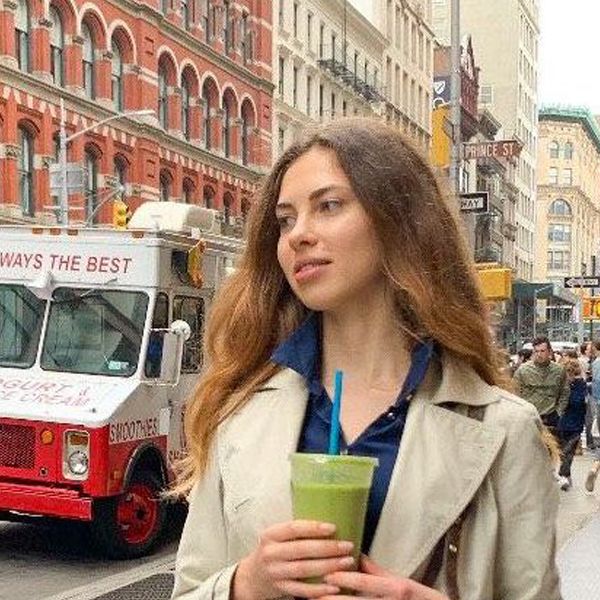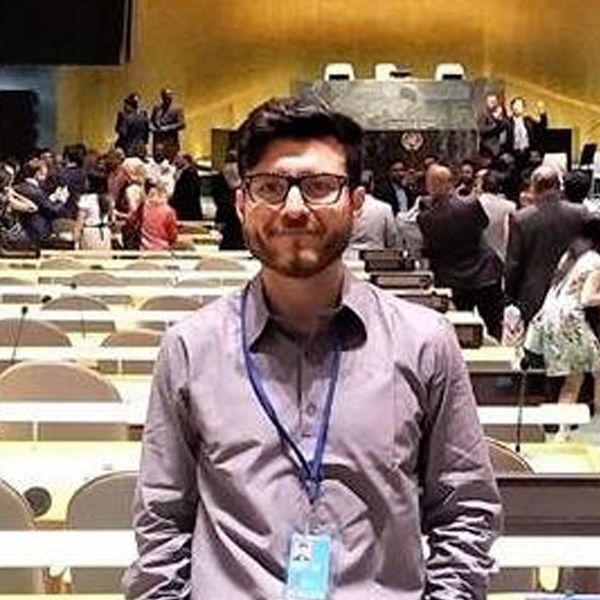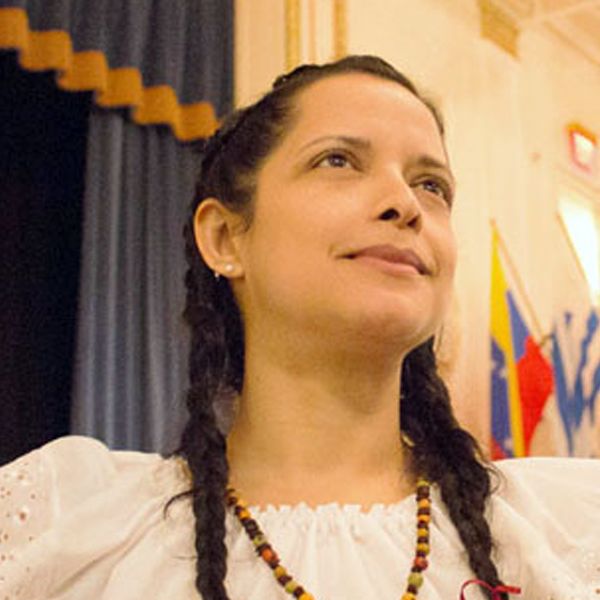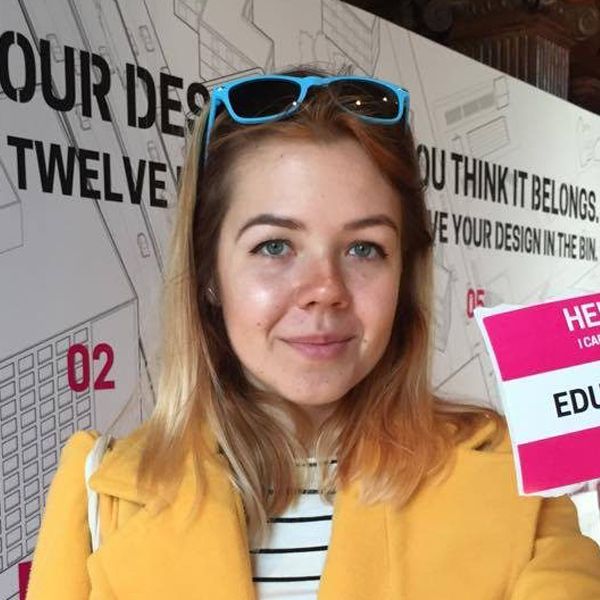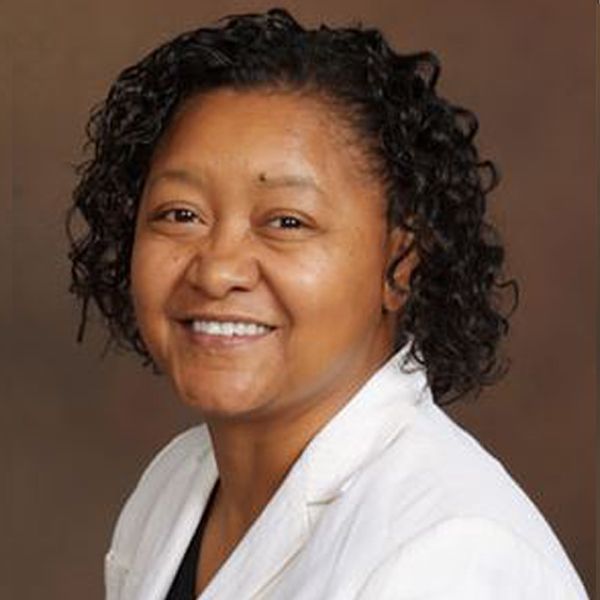Featured Residents
I-House residents bring a plethora of culture and interests to our community. During the course of a typical year, residents represent nearly 100 different countries and 70+ academic and professional institutions.
Below are residents who have volunteered to share their background and honestly describe their I-House experience.
Lia, 24
she/her/hers
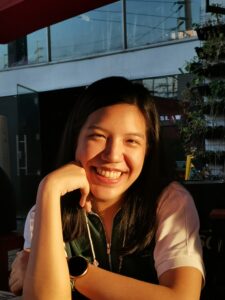 Philippines
Philippines
Masters in Curriculum and Teaching at Fordham University
I-House North
I’ve been at Fordham University at the Graduate School of Education where I’m taking up a masters in Curriculum and Teaching since the summer of 2023. Back in the Philippines, my family owns a school where we have more than 2,000 students from toddlers to 12th graders. I’m hoping when I go back to the Philippines in a few years I’ll work as a teacher, but my ultimate goal is to be a school administrator.
I first became interested in education when I decided to minor in education during my undergrad at Ateneo de Manila University. I took a class called Curriculum Development, which was where I realized I wanted to become a curriculum specialist. I came across Fordham’s program, and they had one most like what I wanted to do.
My favorite part about I-House is the people, which, honestly, would not have been my answer when I first moved in here. When I first got to I-House, I would have said the location was my favorite thing about living here, because it’s so convenient. Before the welcome Sunday Supper last September, which was really the catalyst to creating more bonds with people here, I used to be more on the introverted side. I would get so nervous even just going to the dining hall; I would just get my food and go back to my room to work and eat at the same time. But now, it’s normal for me to go and sit. I may not know everyone there, but I now feel comfortable in this whole space, not just in my room, because this whole building just brings comfort. At this point, I would stay here for the people.
Before coming to I-House, you’d never see me organizing anything, but now I’m the one who tells my friends when events are happening. This is very new to me. I noticed this change in myself right after the welcome supper. I had met some new people there, but I still didn’t really have a friend group. At some point, my roommates and I were talking, and they suggested going to the pub with the friends that I met during the welcome dinner. I was so scared to text them, but if I hadn’t, we never would’ve hung out and become so close. Now, I look at all these people as the friend group I have here in I-House. When I reflect on the day I invited them, I always think about what I would be like now if I had not. They really helped me adjust and participate in different events, not just at I-House, but throughout NYC.
One of my favorite ways to get involved at I-House is at the pub. There was a time that for a month, every Wednesday, my friends and I would meet each other there. I also performed at the hip-hop party! I signed up and was so nervous, but I did it! I also love sitting in the dining hall during the afterhours. That’s when everyone is just talking, hanging out, or studying. Even if my friends and I are all working on our own things, we sit together at the same table in the dining hall. Aside from that, I went to the Winter Jubilee and the Fall Fiesta.
An I-House moment that broadened my perspective was one random conversation I had in the pub one night. We didn’t even get each other’s names, but I found out this person is doing his PhD and teaching at Columbia at the same time. When he found out that I was also taking up curriculum and teaching, he asked me all kinds of questions for almost an hour. My friends back at home are doing different things and I hadn’t been talking with my colleagues at school yet, so this was the first time I had been able to just talk about teaching with someone. We were comparing our educational systems with the US as well as the improvements and flaws of our own countries’ systems. Both of us realized that there are a lot of things to learn here that can be brought back home, as well as a lot from back home that I can bring here. At the time, I was considering doing my graduate degree in the Philippines which would have saved much more money, but this was the first time I realized I was not wasting my time here because a. After that conversation though, it made me realize this is why I’m here. If I want to be a good teacher, I need to know a lot and embrace all those international differences so I can try to make sense of them. That conversation made me especially motivated to study the American educational system as well as international ones.
My advice for prospective residents who are a little more timid or anxious around new people would be to give yourself time and patience before having patience for other people. Remember, it is not a race to find friends. I think during my first month here, I only talked to my roommates. You’re not alone in hoping that you will find people you can confide in. Sometimes, it takes courage to find good people to be with, but everyone here is good and has a goal in life. It’s nice to be around goal-oriented people. At I-House, you’re in a good community surrounded by that motivated mindset. Ultimately, just have a lot of patience with yourself; know that eventually, you’ll find your people.
Tyrone, 38
he/him/his
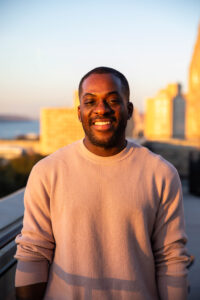 United States
United States
Masters in Divinity and Social Work at Union Theological Seminary and Hunter College
I-House South
I’ve lived in New York for 16 years now and it very much feels like home at this point. I am a first generation American; I’m originally from Miami, FL and my parents are from the Bahamas. For my undergrad, I studied theater at a small arts conservatory called New World School of the Arts. Being from Miami, which is such an international city, I feel at home in New York, and, thus, at I-House.
I moved up to New York to pursue a career in the theater where I did national tours, like Broadway, until I decided to make a bit of a career change. The thing that initially drew me to the arts, and theater especially, is my interest in people and humanity in society. Throughout the years, as much as I love theater and performing, I had begun to crave more. I wanted to investigate the human experience in reality, rather than in a rehearsal room.
I enrolled in a dual degree program with Union Theological Seminary where I am getting a master’s in divinity, and then simultaneously a master’s in clinical social work over at Hunter College. The first two years of the program are divinity-focused with one class per semester at Hunter College for social work. The last two years, it swaps. Every day, my mind is being expanded and blown away by new thinking and great ideas around theology and social work. At UTS, I am one of the co-chairs for a student caucus called the Fierce Caucus, a caucus for queer and trans people of color in our student body. I am also the student Senate Representative for the dual degree students. Eventually, I aspire to have some sort of combination of therapy and activism around sexuality, education, and access.
I am in this course at UTS called Interreligious Engagement, and it is all about how we get to know people outside of our religious boundaries. One requirement is attending a service of someone not of your faith. Being here at I-House, it was a little easier for me to complete this compared to other people in my class because I already have friends here who are of different faiths; I have this built-in connection to those different spiritual communities. Going on those experiences gave me a view of what it is like to be Muslim or Hindu and see how they navigate that, which was really meaningful to me.
I found out about I-House through the admissions office at UTS. They sent out information saying that there was an opportunity to receive a scholarship over at International House. It was everything that I wanted and needed it to be. So, I applied for the Dietrich Bonhoeffer scholarship, and it has been a direct help and support for my studies.
There are so many things I could say about why I like being here. It really does feel like a home. It’s truly miraculous given that I did not know any of these people only a few short months ago, and now, when I see them, I feel comforted. One of my favorite things to do is just be in the dining hall because it always feels like a family dinner. We all get together, and it is nice to just talk about the day and difficulties of life with people who are in the same boat as you. A lot of us are in such difficult years of our lives so to be able to come home to I-House and play the piano or ping pong or go to the pub is essential. I really enjoy the opportunities to relax around here. On top of that, everyone having had such different life experiences due to being from across the world enriches conversations immensely. The conversations I have had here would not be possible anywhere else.
One of the things that I was most nervous about moving to I-House, as much as I love people, was what it was going to be like to always be surrounded by people. Almost immediately though, I realized that it is exactly what I need. To be around people all the time has really changed my views on living situations – I now know that I do not have to live with people all the time, but it is also okay to need to be around people sometimes. Individualism is something very American so, I’ve appreciated having my views on social living expanded in that way.
I have such a deep love for this city because it is so special and has so much to offer every day. I want people to come to I-House and not be afraid to do new things. Many people stay isolated from the city within I-House because of how tight the community is. So, for the prospective resident, I say, enjoy I-House, but also enjoy the gift of New York. Remember, it is not as big and scary as it is stereotyped as!
Orçun, 27
he/him/his
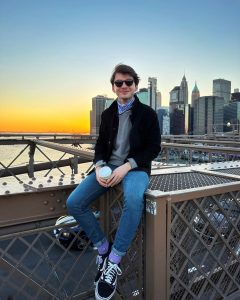 Turkey
Turkey
I used to study at Koç university in Istanbul where I double majored in international affairs and economics with minors in business and psychology. During my four years of undergrad, I had different kinds of internships – I did finance and venture capital, and I worked for a foundation and a newspaper company. My idea was to look and see what’s out there and decide what I would like to become one day. I’ve always known that the thing that makes me happy is people, no matter what the job is, so I was able to shop around. I co-founded a marketing startup which operated for two years, and that journey showed me that, in Turkey, the policy environment is not supportive and enabling for entrepreneurs. As a kid having his undergrad dedicated mostly on entrepreneurial activities, I realized early on that the policy environment must change. That’s when I decided I wanted to do something with tech policy. I applied for Fulbright, which just happened to be during the year the pandemic started, my last year of college.
My family and I leveraged significantly from COVID because, at the time, my father was fighting cancer. Before COVID, it was mostly my mom on that battlefield, with my brother in his high school dorm and myself in my college dorm, so we could not be present all the time for all these family needs. So, when COVID happened, we were lucky enough to enjoy the lockdowns because it allowed us to spend the final six months of our family together. Sadly, my father passed away, and ironically, I received the Fulbright invitation email for the final round of interviews in the hospital morgue. A week later, after the interview, I learned that I failed. It was a weird moment in my life that felt like ground zero. Later, I started working full-time in a development consulting company and decided to apply to Fulbright again the following year, which thankfully yielded good results.
Back in the day, the US was the first place I had been outside of Turkey. I had a prep year in my first year of high school and learned English. There was an exchange program in New York, so I matched with an American family and lived in their place, and we had this lovely experience of New York all together with my classmates. The funny thing is that Columbia University was the first university campus I had ever stepped foot on in my life as I never visited a college before in Turkey, and now I’m a student there. Now anytime I walk to campus, I remind myself of this memory to never forget how life can be full of surprises and not to take any day for granted.
I learned about I-House through an alum, Marina Henry, who was a tremendous colleague of mine when I was working at my job. Marina graduated from Columbia University, and she kindly supported me throughout my application with her wisdom. When I learned that I got in to SIPA, she told me I had to apply to the International House. I’d never heard of this place before, so I looked at the YouTube videos and the website, and it was a done deal. It seemed like a great experience. Personally speaking — actually, I think this also speaks for all the residents here — I would prioritize the experiences that I have with people over anything else. If you said, “Orçun, you will be staying in this tent for three months, but you’ll have this lovely community surrounding you,” I would want to give it a shot. I-House provides the opportunity to have this wonderful community experience, in a building that is beautiful and historical; I feel very grateful for it.
I’ve been at I-House now for about a month. A few days ago, I had a super long day of classes, and I returned to I-House with my friends. We got dinner from the dining hall and made our way up to the 9th-floor terrace, and as we were dining on the rooftop, I was laughing so much, enjoying the food, and appreciating the view. I said to myself, “This feels like home already, and I’m only three weeks in,” That relief was super lovely.
For the last two years, I have been so dedicated to applying to graduate school and thinking about it in general, so I have not seriously thought about what I’d like to do next. However, at some point, I want to engage with technologies that deliver impact for the world, maybe as an entrepreneur or policy builder. I want to be part of stories that focus on transforming lives and enabling individuals to access better conditions by connecting them with technology and innovation opportunities. This is something I feel deeply passionate about. So, I believe that ten years from now, I will be working to create tech or build a policy environment to help tech prosper more effectively. But for now, I want to be collecting happy memories and focus on my journey step by step. More than anything, I want my graduate school experience to help me further understand who I am and who I would like to evolve into in this part of my life.
Ryoko, 32
she/her/hers
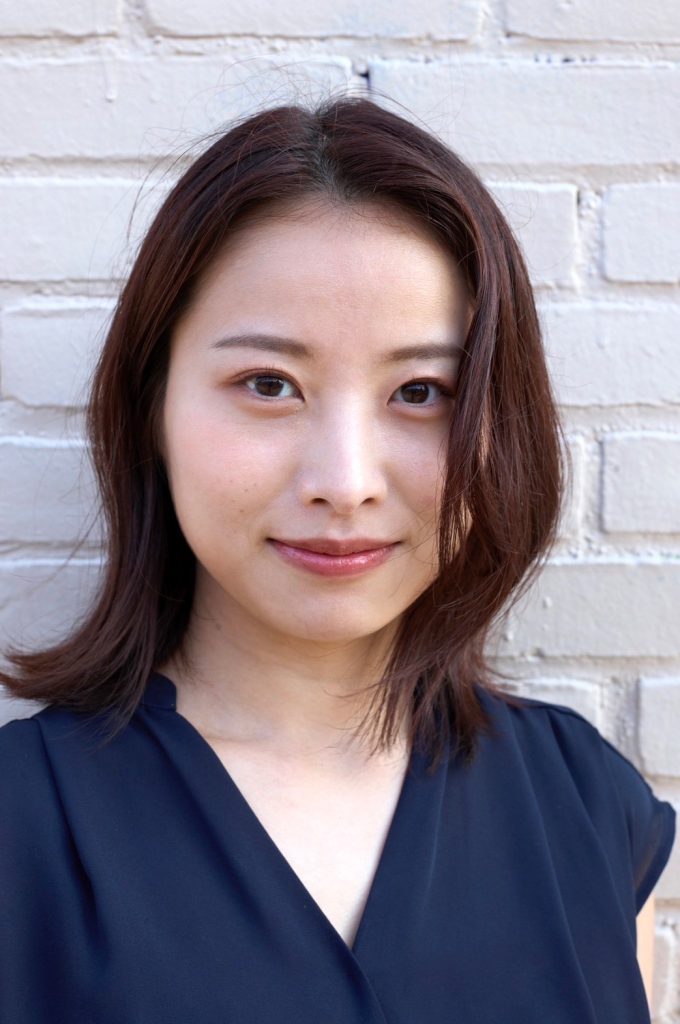 Japan
Japan
Masters in Social Organizational Psychology at Teacher’s College, Columbia University
I-House South
Many of my family (father, grandfather, uncle) are architects. My great-grandfather was a carpenter. Unfortunately, I was not so interested in architecture, but I remember once my father told me that “a building makes people.” This piqued my interest in how the environment affects people and vice versa. Both community psychology and social-organizational psychology look at both sides. When you think about the situation of a sick fish in a dirty pond, if you put the fish back in the same place, it would get sick again. What I am pursuing is to understand how to clean the pond and treat the fish at the same time.
Prior to enrolling at Columbia, I went to university in Japan where I got a bachelor’s degree in cognitive psychology. At first, I wanted to be a clinical psychologist, but I changed my mind during my bachelor’s. After seeing people close to me struggle with mental health problems, I realized how easy it was for those suffering with mental health issues to suddenly lose important things like their jobs as a result of their struggles. It became clear that, to me, the best way to treat these problems is to prevent any mental health issues before their onset. This led me to change my career path from clinical psychology to social psychology.
After receiving my bachelor’s degree in cognitive psychology in Japan, I got a master’s degree in community psychology in Japan, where we learned a lot of theory. I found that after graduation psychology majors have no opportunity to use our knowledge as it was all very theoretical. I came to the US to study for my second master’s degree to learn how to apply that theory in practice.
I had only ever been to Chicago and LA before moving here, but I find that New York is very similar to Osaka, where I grew up. I am particularly focused on multicultural group dynamics, and I’m interested in how to manage people from all over the world, so, when I learned about IHouse and found that it is not just a dorm but a community, I wanted to become a part of it. My first impression of the House was how gorgeous it was — its architecture and the surrounding area, but also the people living here! Everyone is so friendly and nice; it is beginning to feel like home already.
I have been working at a Japanese company for about 5 years in the marketing department, but I want to do something more related to people as my career develops. What I really want to do is enrich people’s lives by supporting them from the outside and inside. I believe that would eventually lead to the prevention of mental health problems.
Rohit, 26
he/him/his
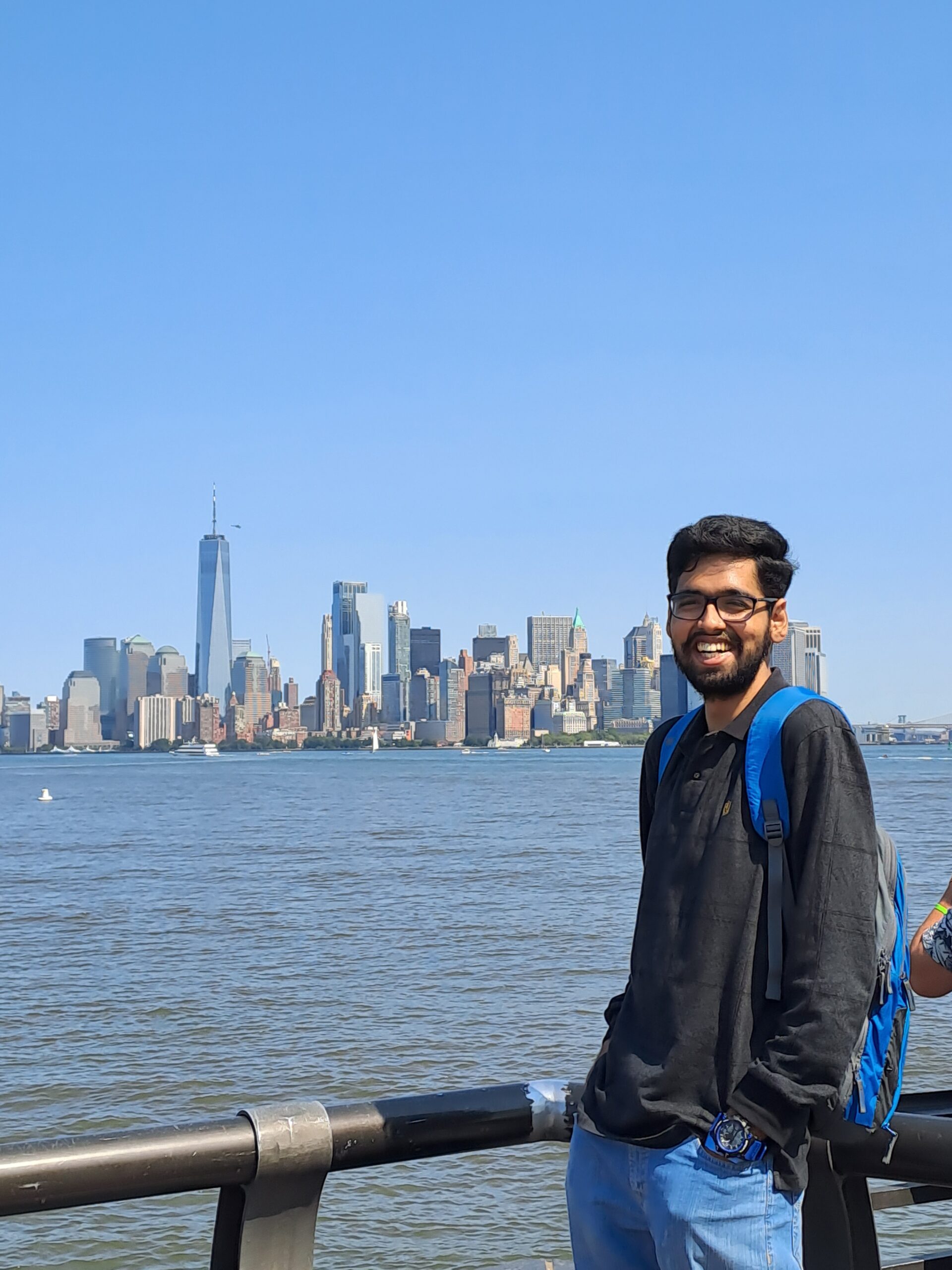 India
India
Masters in Electrical Engineering at SEAS, Columbia University
I-House South
Before I started calling I-House home, I lived in Chennai in the South of India, completely different from New York. When I was in high school, one of my friends took up a course called semiconductor physics, and I’ve always loved designing hardware, so I signed up, too. I ended up really liking it and wound up studying at Anna University close to my home. Before my masters, I worked in the chip industry for Samsung, working on their phone processors.
I just finished my last semester at Columbia University, studying for my master’s in electrical engineering focusing on semiconductor physics. At Columbia, most of my classes weren’t too big; most had about 20 people, but I had one class that was 6 people in the entire class, and we all had a great bond with the professor, which was nice. We were working on a yearlong chip design project sponsored by Apple, and because we used to work late nights in the lab, some of my best memories in New York were from that class, going to Hooda Cart or Roti Roll at 2:00AM.
When I moved in to I-House, I wouldn’t have described myself as too social. My first day there was a pizza social, and I was so skeptical, thinking “They’re just giving away free pizza?” But I went and ate it, and now I attend every ice cream and pizza social I-House has. I have improved so much socially, and I participate and contribute to the community more now. I would say that’s what I love for being part of this community: I have learned so much, but I’ve also been able to contribute. After having been at I-House for a year and a half, I know about what is happening in different countries, I’m more aware. I know what is happening in China. I know what is happening in Russia. I know what’s happening in in Israel and Palestine. I probably wouldn’t have known the same or have had the same sources without this international community.
I’m a fellow on the 5th floor; last month I put together a crafting night, and the month before we did a Harry Potter movie night with butterbeer. I also organized three hikes in the last two months in Beacon, Cold Springs, and Harriman State Park. Actually, in Harriman our group got lost and we ended up hiking for 5-6 hours, but it was the best hike I’ve been on. We explored so much! Every time we meet now, it’s a running joke.
One thing that I love about I-House is that you can always find people who want to hang out here. Some residents created a Whatsapp group just for board games which now has, like, 250 residents in it. At any time of the day, you can message to see if anyone’s up for playing, and people will just show up. I’m also learning to play the piano now from a friend of mine at I-House. He’s been playing his entire life and loves teaching, too, so he said, why not teach me? And I’m a great student so, win/win.
I’m also a part of the Language Exchange Program. Last year I only had enough time to learn two languages, but this year I had the time and wanted to expand more, so I’m learning 5 languages now: Korean, German, Mandarin, Russian and Spanish. It helps me open my mind – when I’m studying and need a break, I’ll go to learn a language or I’ll play the piano, and when I go back to study, I tend to do so for longer hours. Sometimes after language classes, which I have almost every day, I’ll just sit in a common area studying and other residents will come join me to chat. I love that about I-House, you can find people anytime at the Map Lounge or in the Main Lounge whenever you want to discuss politics or society or even any casual discussion – it’s a brilliant community. I love it so much; I’m going to miss it so much.
Check out Rohit’s poetry here!
Among the things that unite our residents are a shared commitment to creating a global community and the potential to make the world a better place. Below, meet some of our alumni and learn about the exciting things they have done.
Get to know our residents
90
countries/regions
32
educational institutions
71
fields of study
23
training organizations
Meet Our Alumni
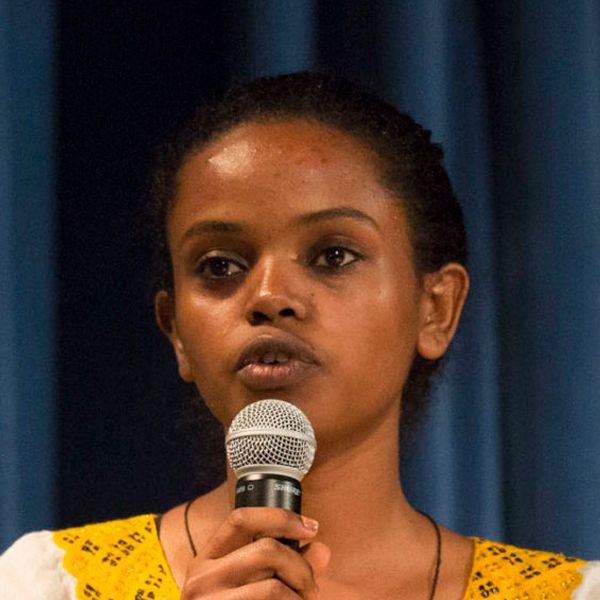
Weyni Berhe
Ethiopia
“This is a platform to question who you are and how you fit within the global community.”
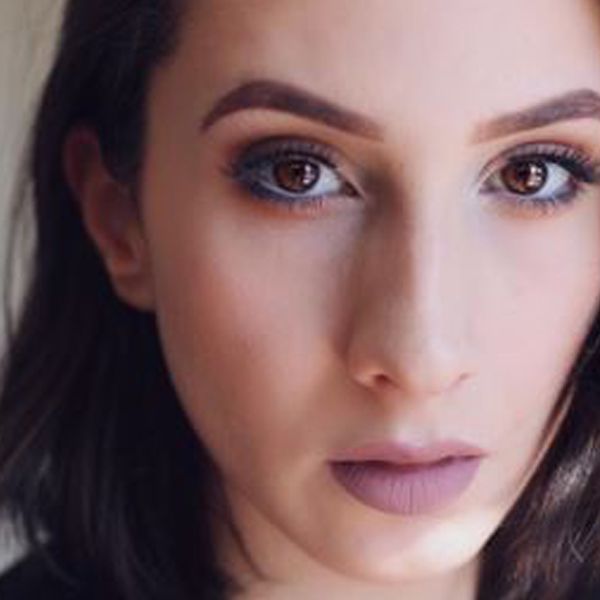
Rand Jarallah
Palestine
Engaging Other I-House Residents in Her Work for the United Nations
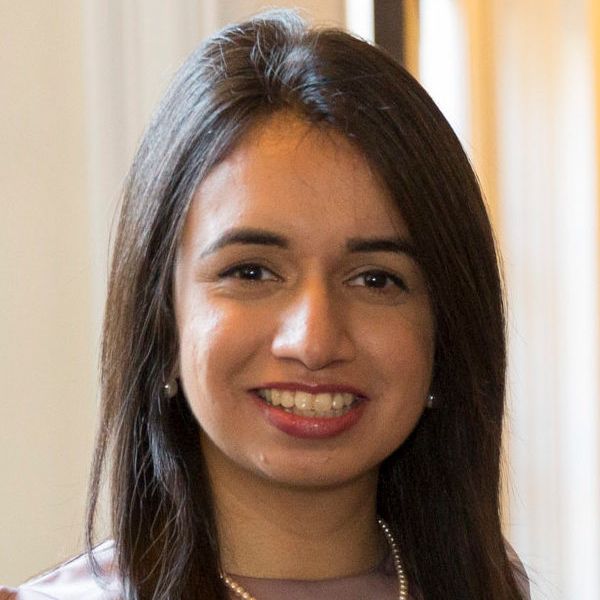
Maham Sadiq
Pakistan
An Engineer Commitred to the Econoic Development of Her Native Pakistan
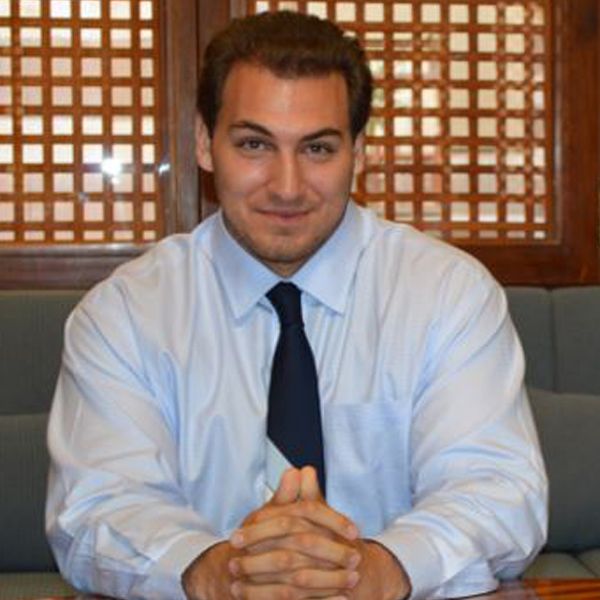
Michael Memari
United States
“I-House provides a unique opportunity for inter-cultural exchange.”

